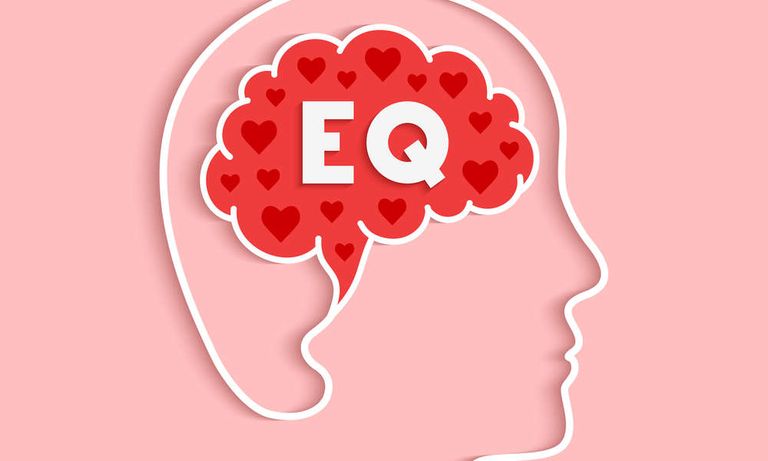Empathy, self-awareness, and relationship improvement are three factors that all successful professionals need to master if they want to maintain their relationships.

In this post, I will be discussing empathy, an important concept of emotional intelligence, and how it helps build effective relationships.
The following four examples will help illustrate the benefits of developing empathy.
As you'll see, we can often fail to appreciate the situations others are going through when they are experiencing something similar.
Example #1: You Are Attending a Funeral
Your friend has died. His death comes as a complete surprise to you. The next day, you attend his funeral and you notice that many of your friends are missing.
When you think about how you might feel if you lost a friend or family member, you likely empathize with the emotions your friends are feeling. You're feeling sad and concerned for them.
On the other hand, you may not understand why the friends who were present seem distant from your friend's passing.
It's hard to imagine what it's like to lose someone, so you might miss the point that some of your friends were not even aware of the event.
To develop empathy for others, consider these questions: What was the last thing you said to him? Was it something he needed to hear or did you make him worry? If you had been in his position, how would you have wanted to be treated?
How would your behavior change to show him you cared?
How would you treat others if they had recently suffered the same loss?
Consider your own experiences with loss and consider whether you might be able to make your relationships stronger by showing the same compassion to others.
Example #2: You Have Been Rejected
Your boss has rejected your proposal to increase your salary. Your proposal was well-thought-out, but your boss felt that the money wasn't a priority for the company.
If your boss had passed the proposal on to the CEO, would you have still been surprised?
Now, let's say that your boss had passed your proposal along to the CFO. Would you have been as surprised?
You should always learn to anticipate rejection. This can reduce the impact and stress that accompanies rejection.
Imagine if you were to go to your local restaurant and order a meal. If the waiter told you that it was only possible to serve your meal on a day when they had no other customers, you would not be angry or disappointed.
Instead, you might start considering alternative options.
The best way to improve your emotional intelligence is to keep your own emotions in check. This can help you develop the ability to empathize with others, which is the key to effective communication.
Example #3: You are in the Middle of a Fight
You are involved in a heated argument with your partner. He is screaming at you because you left the house without telling him where you were going. It sounds like you have done something wrong. You are feeling angry and hurt. You
Just let go.